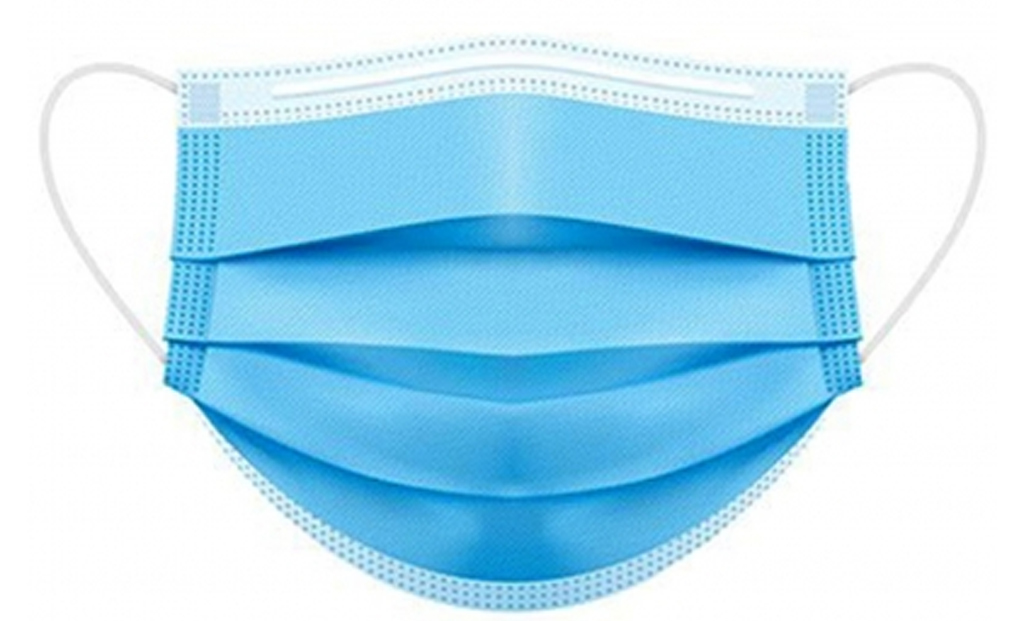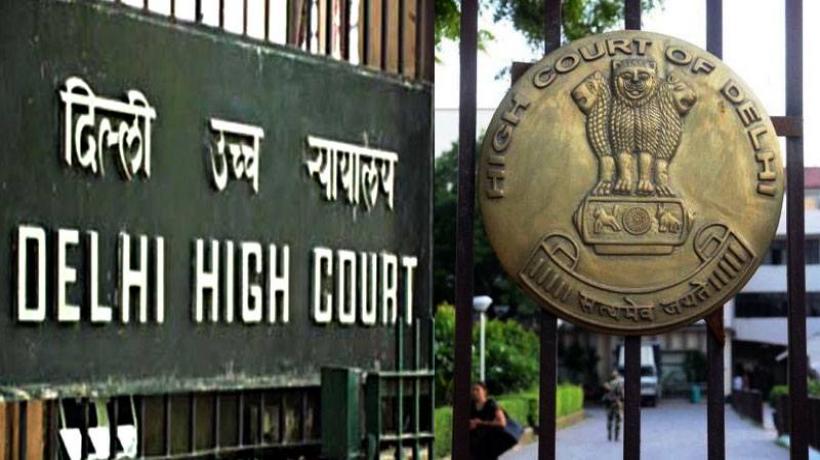The significance of telemedicine in improving access to care and saving lives
In a rare and remarkable case, doctors at Indraprastha Apollo Hospital remotely managed an 80-year-old man suffering from a severe heart attack and two cardiac arrests while he was being transported from Varanasi to Delhi. The patient’s heart was operating at only 20% efficiency, with severe valve leakage, and he was on a ventilator. The doctors at the local hospital in Varanasi gave up hope, and the patient’s family consulted with Dr. NN Khanna, Senior Consultant, Cardiology & Vascular Intervention, at Indraprastha Apollo Hospitals, New Delhi.
Dr. Khanna immediately recommended interventional treatment and suggested that the patient be transported to Delhi as soon as possible. Due to heavy fog, air ambulance transportation was not possible, and the patient had to be remotely managed via telemedicine guidance for 14 hours, while en route to Delhi. Upon reaching the hospital, the patient was immediately put on left ventricular support to help pump blood in the failing heart condition. This was followed by a complex multi-vessel coronary angioplasty procedure to pull him out of cardiogenic shock, fix the severe leaking of the mitral valve, and manage pulmonary edema, which is fluid accumulation in the lungs because of heart failure.
Importance of telemedicine in healthcare and how it can help extend support to remote areas, improve access to care, and save lives
Dr. Khanna stated that telemedicine has been an extremely vital tool in extending support to save numerous lives, allowing doctors to remotely diagnose and treat patients and improve access to care. The patient had a history of multiple episodes of cardiac arrests with only 20% functioning of the heart. However, after a two-hour-long cath procedure for the placement of an implantable cardioverter-defibrillator and left ventricular support device during complex multi-vessel angioplasty, the patient was discharged and traveled safely back to Varanasi.
Despite facing multiple challenges, including severe heart attacks, cardiogenic shock, and difficulties in transfer, Dr. Khanna’s expertise and continued care through telemedicine and complex angioplasty played a crucial role in stabilizing the patient’s condition.











